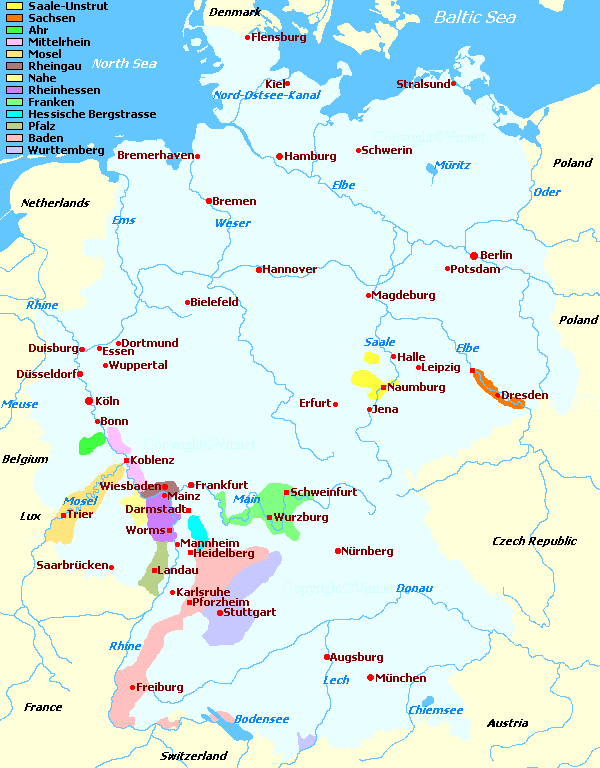Sip and Sustain: Exploring the Greener side of Wine and Sustainable Farming
- Amy Duncan

- Aug 18, 2023
- 2 min read
Welcome back to our wine blog! Today subject is all about farming or in our wine world, viticulture. There was a time a while back that the buzz words were "going green". This was wonderful in the corporate world and small business world because it meant going digital, less paper, less ink, less mailers... and so on. I used to use that saying myself in my previous career! Now it's much fancier. We've moved to sustainable farming, biodynamic and eco friendly packaging (Packaging is for another blog itself).

Sustainable Winemaking: A Taste of Terrior Care.
Old practices of viticulture were rooted in tradition. Generations of winemakers tilled the soil, pruned vines and hand harvested the grapes. While these practices were a labor of love they often demanded extensive resources and sometimes relied heavily on chemicals and pesticides to protect the harvest from bugs and diseases. As awareness grew so did the realization that the old practices could be reimagined to nurture both the vines and the earth. Sustainable viticulture emerged as a philosophy that sought to harmonize winemaking and nature.
Organic Farming: Nurture the Earth with Sustainable Farming
Organic farming, a cornerstone of sustainable viticulture, stepped forward to champion a chemical-free approach. Gone were the synthetic fertilizers and pesticides. Using nature's own balance was relied upon to keep the vineyards healthy. They began growing "cover crops" between the vines that invited beneficial insects and provided a buffer for erosion. This shift reinvigorated soils thus encouraging robust grape growth without compromising the ecosystem.
Biodynamic Winemaking: The Vineyard is it's own Universe.
Biodynamic farming is a holistic and sustainable approach to agriculture that goes beyond organic farming. It involves viewing the farm as a self contained, interconnected ecosystem. It emphasizes the importance of the relationship between soil, plants, animals and cosmic rhythms. Biodynamic farming takes account the physical and biological aspects of farming but also the spiritual and energetic elements of nature. Biodynamic farming is the spiritual and ethical dimensions of agriculture. Striving to cultivate deep respect for nature and work towards sustainability and aiming to create a harmonious relationship between humans, animals and the earth.

The Present and the Future of Wine.
As sustainable viticulture gains momentum, its influence shapes the very essence of wine. Winemakers are united in their commitment to producing wines that honor the environment, reflect their origins and delight the palate. The legacy they create is not just a bottle of wine but a testament to the harmony achieved when tradition and innovation come together with deep respect for the land.
Why German wine?
Germany has established regulations and standards for organic and biodynamic wine production. They are not mandatory though most winemakers in Germany voluntarily adopt the organic and biodynamic practices. For more detail on German wine standards: https://www.germanwines.de/knowledge/quality-standards/
We can always try to be better
Sustainable winemaking has come a long way from where it started. It is true love & dedication of the art of winemaking to preserve the earth's vitality. As the vines thrive with healthier soils, a new era of winemaking is born. Cheers to the vineyard stewards and sustainable wine pioneers who remind us that each sip is a celebration of our interconnectedness with nature. Prost!




Comments